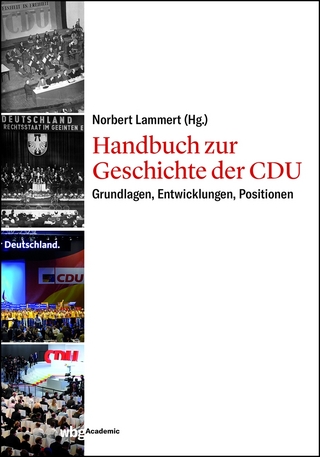
Medieval Cities
Their Origins and the Revival of Trade
Seiten
1969
Princeton University Press (Verlag)
978-0-691-00760-1 (ISBN)
Princeton University Press (Verlag)
978-0-691-00760-1 (ISBN)
- Titel erscheint in neuer Auflage
- Artikel merken
Zu diesem Artikel existiert eine Nachauflage
Traces the growth of the medieval city from the tenth century to the twelfth, challenging conventional wisdom by attributing the origins of medieval cities to the revival of trade. This book describes the role the middle class played in the development of the modern economic system and modern culture.
Henri Pirenne is best known for his provocative argument - known as the "Pirenne thesis" and familiar to all students of medieval Europe - that it was not the invasion of the Germanic tribes that destroyed the civilization of antiquity, but rather the closing of Mediterranean trade by Arab conquest in the seventh century. The consequent interruption of long distance commerce accelerated the decline of the ancient cities of Europe. Pirenne first formulated his thesis in articles and then expanded on them in "Medieval Cities".In the book Pirenne traces the growth of the medieval city from the tenth century to the twelfth, challenging conventional wisdom by attributing the origins of medieval cities to the revival of trade. In addition, Pirenne describes the clear role the middle class played in the development of the modern economic system and modern culture. The "Pirenne thesis" was fully worked out in the book Mohammed and Charlemagne, which appeared shortly after Pirenne's death. Pirenne was one of the world's leading historians and arguably the most famous Belgium had produced.
During World War I, while teaching at the University of Ghent, he was arrested for supporting Belgium's passive resistance and deported to Germany, where he was held from 1916 to 1918. In 1922, universities in various parts of the United States invited him to deliver lectures: out of these lectures grew "Medieval Cities", which appeared in English translation before being published in French in 1927.
Henri Pirenne is best known for his provocative argument - known as the "Pirenne thesis" and familiar to all students of medieval Europe - that it was not the invasion of the Germanic tribes that destroyed the civilization of antiquity, but rather the closing of Mediterranean trade by Arab conquest in the seventh century. The consequent interruption of long distance commerce accelerated the decline of the ancient cities of Europe. Pirenne first formulated his thesis in articles and then expanded on them in "Medieval Cities".In the book Pirenne traces the growth of the medieval city from the tenth century to the twelfth, challenging conventional wisdom by attributing the origins of medieval cities to the revival of trade. In addition, Pirenne describes the clear role the middle class played in the development of the modern economic system and modern culture. The "Pirenne thesis" was fully worked out in the book Mohammed and Charlemagne, which appeared shortly after Pirenne's death. Pirenne was one of the world's leading historians and arguably the most famous Belgium had produced.
During World War I, while teaching at the University of Ghent, he was arrested for supporting Belgium's passive resistance and deported to Germany, where he was held from 1916 to 1918. In 1922, universities in various parts of the United States invited him to deliver lectures: out of these lectures grew "Medieval Cities", which appeared in English translation before being published in French in 1927.
| Erscheint lt. Verlag | 21.4.1969 |
|---|---|
| Verlagsort | New Jersey |
| Sprache | englisch |
| Maße | 127 x 203 mm |
| Themenwelt | Sozialwissenschaften ► Politik / Verwaltung |
| ISBN-10 | 0-691-00760-8 / 0691007608 |
| ISBN-13 | 978-0-691-00760-1 / 9780691007601 |
| Zustand | Neuware |
| Haben Sie eine Frage zum Produkt? |
Mehr entdecken
aus dem Bereich
aus dem Bereich
die Weltmacht im Hintergrund
Buch | Softcover (2022)
Klarsicht Verlag
CHF 30,80
Grundlagen, Entwicklungen, Positionen
Buch | Hardcover (2023)
wbg Academic (Verlag)
CHF 55,95



